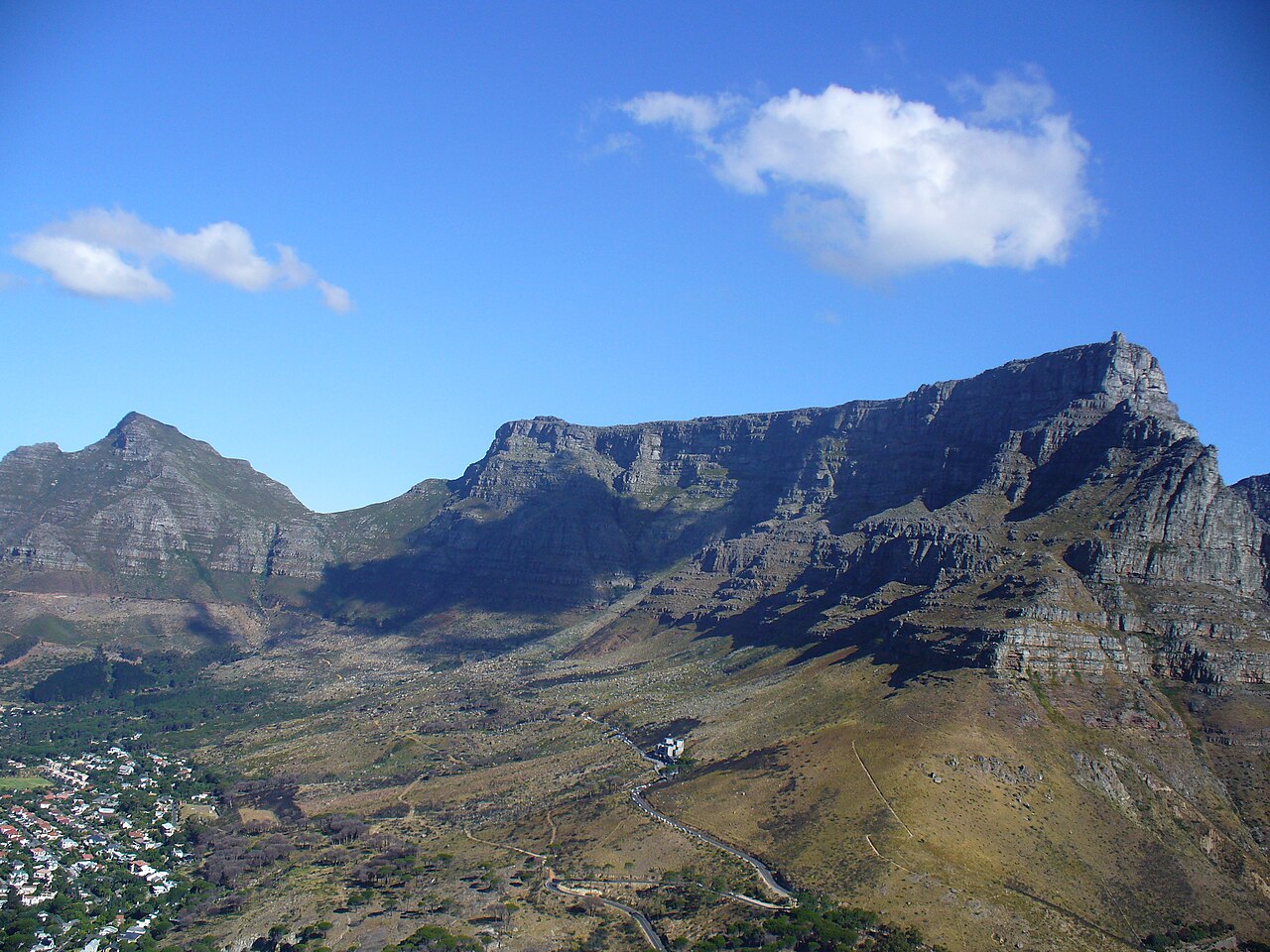South Africa is a country of breathtaking landscapes, rich history, and diverse cultures. Located at the southern tip of Africa, it is known for its vibrant cities, stunning wildlife, and beautiful coastline. Travelers come from all over the world to explore its national parks, taste its unique cuisine, and learn about its deep history. With so much to offer, South Africa is a destination that promises adventure, relaxation, and cultural discovery.
Tourist Attractions in South Africa
One of the most famous places in South Africa is Kruger National Park. This massive wildlife reserve is home to the Big Five—lions, elephants, rhinos, leopards, and buffalo. Visitors can go on safaris and see these majestic animals in their natural habitat. The park is also rich in birdlife and has a variety of landscapes, from savannahs to dense forests.
Table Mountain in Cape Town is another must-see attraction. The flat-topped mountain offers stunning views of the city, the ocean, and the surrounding countryside. Visitors can hike to the top or take a cable car for a less strenuous journey. On clear days, the views stretch for miles, making it one of the most photographed spots in the country.
For those interested in history, Robben Island is a significant site. This former prison held many political prisoners during the apartheid era, including Nelson Mandela. Today, visitors can take a guided tour of the island, led by former prisoners who share their personal stories. It is a moving experience that offers insight into South Africa’s struggle for freedom.
Another top destination is the Garden Route, a scenic stretch along the southern coast. This route is famous for its lush forests, coastal cliffs, and charming towns. Travelers can visit the beautiful Tsitsikamma National Park, go whale watching in Hermanus, or relax on the beaches of Plettenberg Bay.
Culture and People
South Africa is often called the “Rainbow Nation” because of its diverse cultures and traditions. The country has 11 official languages, including English, Zulu, and Afrikaans. People from different backgrounds live together, each bringing unique customs and traditions to the nation’s rich cultural tapestry.
Music and dance are an important part of South African culture. Traditional rhythms can be heard in many parts of the country, from lively Zulu dances to the smooth sounds of jazz in Cape Town. The country is also known for its vibrant art scene, with galleries and street murals showcasing the creativity of local artists.
Festivals are another way South Africans celebrate their heritage. Events like the Cape Town Jazz Festival, the National Arts Festival in Grahamstown, and the Durban July horse race bring people together for music, food, and entertainment. These festivals offer a great way for visitors to experience the spirit of South Africa.
Food in South Africa
South African cuisine is as diverse as its people. One of the most famous dishes is braai, a traditional barbecue where meat is grilled over an open flame. Families and friends gather to enjoy grilled meats, sausages, and side dishes like pap (a maize porridge) and chakalaka (a spicy vegetable relish).
Another popular dish is bobotie, a spiced minced meat dish baked with an egg-based topping. It has a mix of sweet and savory flavors and is often served with yellow rice. The dish has influences from Dutch and Malay cooking, showing the blend of cultures in South African cuisine.
For seafood lovers, the coast offers delicious fresh fish and shellfish. In Cape Town and along the Garden Route, visitors can enjoy dishes like snoek (a local fish), calamari, and grilled prawns. The country is also known for its wine regions, such as Stellenbosch and Franschhoek, where travelers can taste world-class wines paired with gourmet meals.
Street food is also a big part of South African food culture. Bunny chow, a hollowed-out loaf of bread filled with spicy curry, is a favorite in Durban. Meanwhile, biltong, a dried and spiced meat snack, is a must-try for anyone visiting the country.
History of South Africa
South Africa’s history is complex and shaped by different cultures, colonial rule, and political struggles. The earliest inhabitants were the San and Khoikhoi people, who lived as hunter-gatherers and pastoralists. Later, Bantu-speaking communities arrived and developed kingdoms and trade networks.
In the 17th century, European settlers arrived, first the Dutch and later the British. This led to conflicts over land and power, as well as the establishment of apartheid in the 20th century. Apartheid was a system of racial segregation that lasted for decades, causing great suffering for the non-white population.
One of the most important moments in South African history was the end of apartheid in 1994. Nelson Mandela, who had spent 27 years in prison, became the country’s first democratically elected president. Today, South Africa is a democracy that continues to work toward social and economic equality.
Visitors can learn about this history by visiting places like the Apartheid Museum in Johannesburg, which tells the story of racial segregation and resistance. The District Six Museum in Cape Town highlights the forced removals of communities during apartheid. These sites help visitors understand South Africa’s past and its journey toward freedom.
